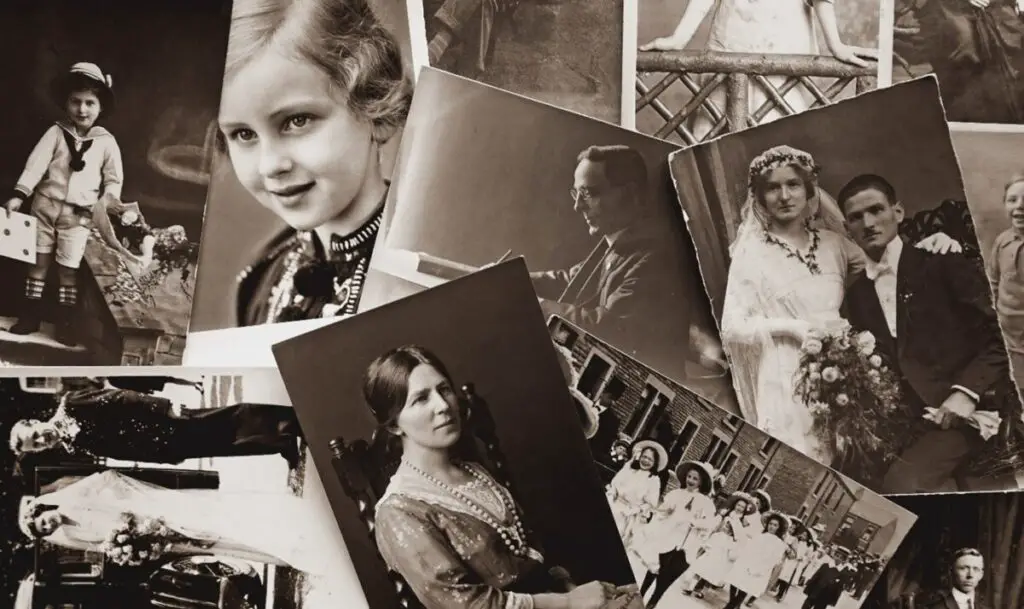People have likely been discussing the meaning of fiction and non-fiction for as long as there have been stories. On the face of it, it might seem pretty obvious. Non-fiction is a story based on fact and Fiction is a made-up story.
Yet, even that distinction may not be as clear-cut as it may seem.
In the words of the esteemed late science fiction writer, Tanith Lee:
Perhaps the only true genres are fiction and nonfiction. And even then, who can be sure?
Tanith Lee
The meaning of fiction and non-fiction may seem fairly straightforward on the surface. You could divide all books and stories out there into one or the other. But there are so many things that a writer can do with both modes. There are even surprising ways that the two can overlap.
In a nutshell, the meaning of Fiction and Non-Fiction can be summed up thus. Fiction is literature made up of stories created from an author’s imagination. Whereas Non-Fiction is literature made up of true stories about living or dead people and events.
What is Fiction vs Non-Fiction?
Fiction

There are countless ways to describe the meaning of fiction and non-fiction. The simplest way to answer it may be just that fiction is a narrative that didn’t really happen. It is the invention of the author. Often, the characters are made up, as are some or all of the events.
But, things can get a bit more nuanced than that, which we’ll go into in a bit. But for now, that’s a solid working answer.
Non-Fiction
Broadly speaking, Non-Fiction covers everything else. Every history book, every biography, every science book, every essay collection, every anthropological guide, every memoir, every critical analysis. If it isn’t a work that sprang largely from an author’s vivid imagination, it is non-fiction.
Seems simple, right? But it really isn’t that obvious.
The Truth About Fiction
There’s no division on my bookshelf between fiction and nonfiction. As far as I’m concerned, fiction is about the truth.
Arundhati Roy
Some may consider this quote to be overstated, yet there is more than a kernel of truth in there. Although fiction is meant to be made-up, you’ll often find that the most successful fiction is based in truth.
In most cases, this means emotional truth. For a character to be compelling, they need to be believable, and grounded in the reality of how people operate. Or at least this is usually the case. The more natural a character’s motivations/actions are, the more we can relate to them, the more we care about them, and the more prepared we will be to suspend any disbelief.
Beyond that, the world must be believable. In science-fiction and fantasy, we are slap bang in the realm of fiction, even if the details ring true.
But what if the story is set in the real world?
Or when, in the case of historical fiction, an author is using details about events that happened?
In both cases it’s still fiction, but you can’t say it’s a fully made-up story. Especially when a novel is fictionalising the life of a real person. There are historical fiction novels where most, or all of the details are true events.
So, the meaning of fiction and non-fiction can get blurry at times.
The Truth About Non-Fiction
On the flip side, just because a book is non-fiction doesn’t mean it’s as true as you would think. Everyone has their own implicit biases. Whole philosophical debates have occurred over whether truth even exists or if everything is about perception.
Then there are gaps in history. Sometimes a lot of guesswork must happen to fill in the holes. Isn’t that guesswork historical fiction in a way?

Even with biography and memoir, fictionalisation often has to happen. Sometimes it is because people can’t remember every moment of their lives. Often in memoirs, authors make up names to protect a person’s privacy. In one prominent case, a supposed memoir was exposed as being fraudulent. Essentially, it was a fiction novel masquerading as a non-fiction novel.
In less extreme cases, literary techniques from fiction are often used in the best memoirs, biographies, histories, and more. That these books feel like novels is a compliment to the author.
In other words, they are so engrossing that people feel as captivated as if they were reading fiction.
Final Thoughts
So, in closing, there is something intriguing about the meaning of fiction and non-fiction. The most enduring books seem to require a blend of both to captivate us and make us care.
They may be different branches of literature, but looking beyond that, fiction and non-fiction books are all just stories.

